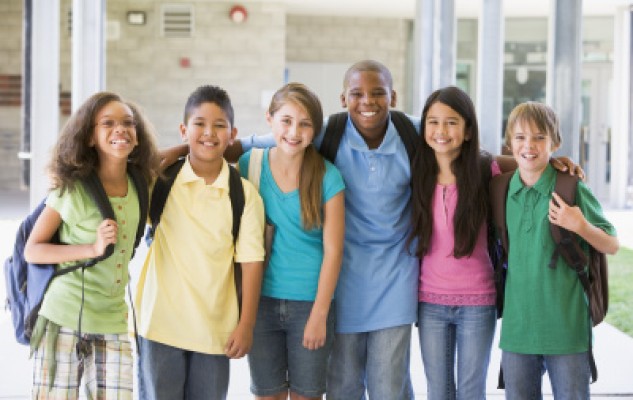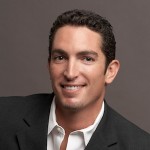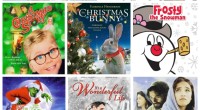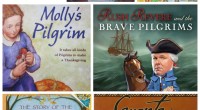
By Jerry Weichman, Ph.D.
Tweens love to try new things, including dangerous, addictive drugs. Would you be able to tell if your kids were sampling drugs—and how would you respond if they were?
I’d like to be able to tell you that tweens don’t use drugs. Unfortunately, that’s not true. I wish I could assure you that tweens – kids ages 9 to 12 – wouldn’t think of using drugs. But I’d be lying.
In my practice, I see tweens every day who are experimenting with alcohol and drugs, always without their parents’ knowledge. It’s not uncommon for tweens to first try drugs in middle school. Even if they don’t become hard-core users, just this short exposure can have dire consequences for the rest of your child’s life.
Drug and alcohol exposure is especially dangerous during the growth years because it primes the brain for addiction. Scientific research has shown that the earlier a person is exposed to drugs or alcohol, the greater the likelihood he has of becoming dependent on these substances.
Getting started
Tweens often begin experimenting with drugs by drinking alcohol and smoking marijuana. They may seek a high from non-prescription cough suppressants such as Robitussin or decongestants like Coricidin. Others use prescription drugs such as OxyContin, Xanax, Vicodin and Ritalin or other drugs that treat attention-deficit disorders. I’ve seen kids using heroin too; they think smoking it is safer than injecting it.
I’m also noting more tweens and teens experimenting with ecstasy. This stimulant and hallucinogenic was once the drug of choice for “ravers” but its popularity has spread. Some studies have shown that ecstasy use can lead to a lifetime of increased depression and anxiety, plus immediate side effects that include confusion and disorientation. I routinely see young people in my practice who have been sexually assaulted or committed sexual acts they regret while high on ecstasy, which profoundly impairs judgment.
Spice and salvia
There are scores more drugs that you probably don’t know about, but your children might. Synthetic marijuana, often called spice, offers the same mind-altering qualities as pot and is largely undetectable by most drug tests. So is salvia, the hallucinogenic drug that “Hannah Montana” star Miley Cyrus was filmed smoking on her 18th birthday. Salvia is legal in California, but that doesn’t mean it’s safe.
Considering how much drug education our society and we as parents provide, why are tweens using drugs? Some may have older siblings who use drugs. Others are trying desperately to persuade themselves and others that they are mature and cool. For those struggling socially, becoming a partier quickly gives them acceptance. Others are self-medicating for depression, anxiety and low self-esteem.
Meanwhile, the Internet and texting have increased teens’ ability to connect to ideas and one another. Hearing their classmates talk casually at lunch about weekend drug use or seeing party pictures on Facebook has desensitized adolescents to the idea that drug use is dangerous and illegal. Instead, they feel that it’s no big deal because everyone is doing it.
Protecting your kids
In my practice, I see many caring, educated and involved parents who are stunned and heartbroken to learn that their tween has been using alcohol and drugs. They didn’t know their children were experimenting, testing, abusing and ingesting these mind-altering substances.
You can help to protect your children from the dangers of drug and alcohol abuse. Here are a few suggestions:
Use a drug tester and breathalyzer to test your teens periodically. That alone may give them second thoughts about sampling illegal fare at parties. And they can use it as a convenient excuse to say no to friends who urge them to try dangerous substances.
Take a zero-tolerance stance. Kids have a tough time with the idea of moderation, so make it easy for them: Give them a clear red light. No drugs. Ever.
Don’t share your experiences with substance use or abuse until your children are older. If they see that you experimented but turned out OK, they’ll consider the consequences to be minimal. And they’ll think you’re a hypocrite for applying a different standard to them than you did to yourself.
Monitor cell phone and Internet use. If they’re interested in experimenting with drugs or alcohol, they’ll discuss it with peers. On my website, DrJerryWeichman.com, you can find a comprehensive list of alternate terms and lingo that kids use for drugs.
Have clear consequences if they violate your rules. Yelling or lecturing does nothing. Consequences have a lasting impact.
Keep them busy. The more structure and fulfilling activities that tweens have in their lives, the less time they have to get into trouble.
 Jerry Weichman, Ph.D. is a clinical psychologist focused solely on teen and preteen issues. Dr. Jerry is in private practice at Hoag Hospital’s Neurosciences Institute in Newport Beach. Dr. Jerry is also the author of the teen self-help book How to Deal and is a noted public speaker on teen-related topics including parenting, bullying, and adolescent coping skills. To receive tips for teens and parents, visit DrJerryWeichman.com.
Jerry Weichman, Ph.D. is a clinical psychologist focused solely on teen and preteen issues. Dr. Jerry is in private practice at Hoag Hospital’s Neurosciences Institute in Newport Beach. Dr. Jerry is also the author of the teen self-help book How to Deal and is a noted public speaker on teen-related topics including parenting, bullying, and adolescent coping skills. To receive tips for teens and parents, visit DrJerryWeichman.com.
http://www.drugabuse.gov/publications/drugfacts/spice-synthetic-marijuana
http://www.abovetheinfluence.com/facts/drugsecstasy
http://www.drugs.com/ecstasy.html






